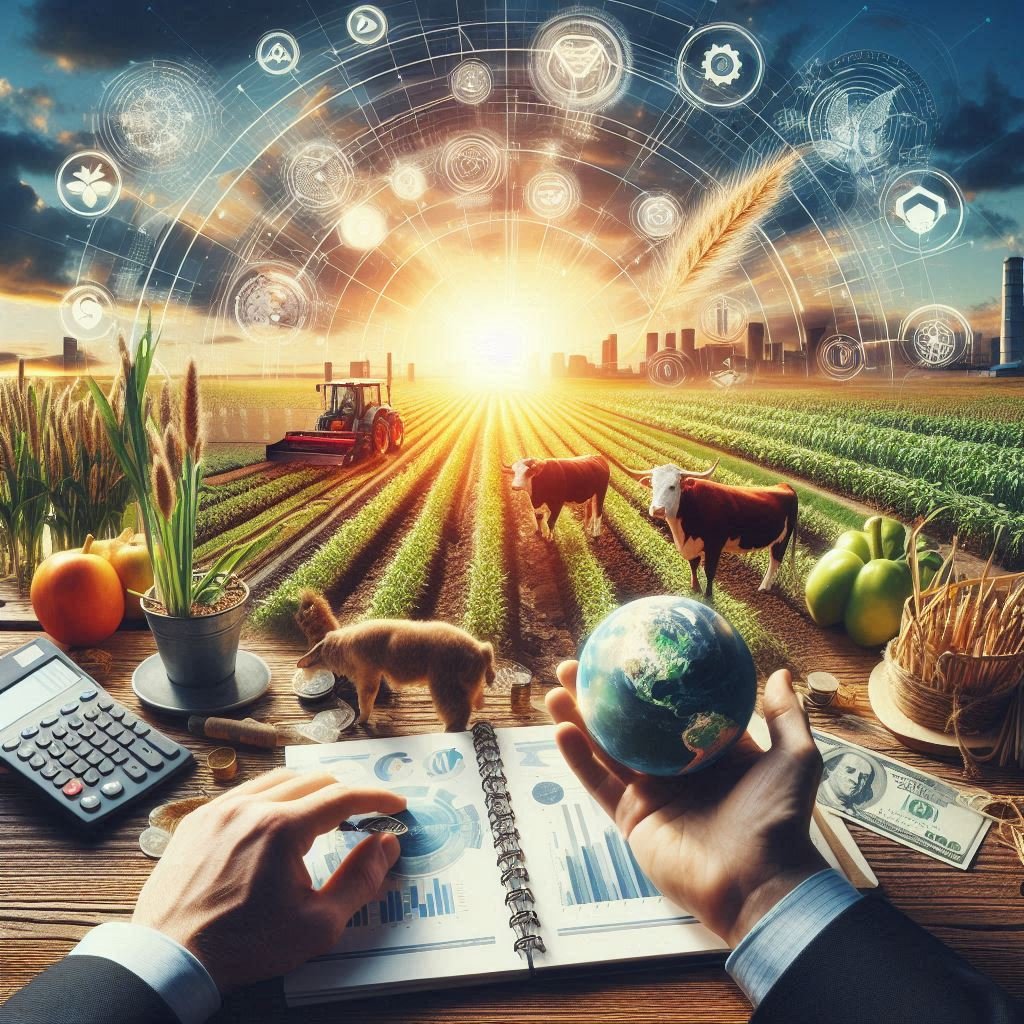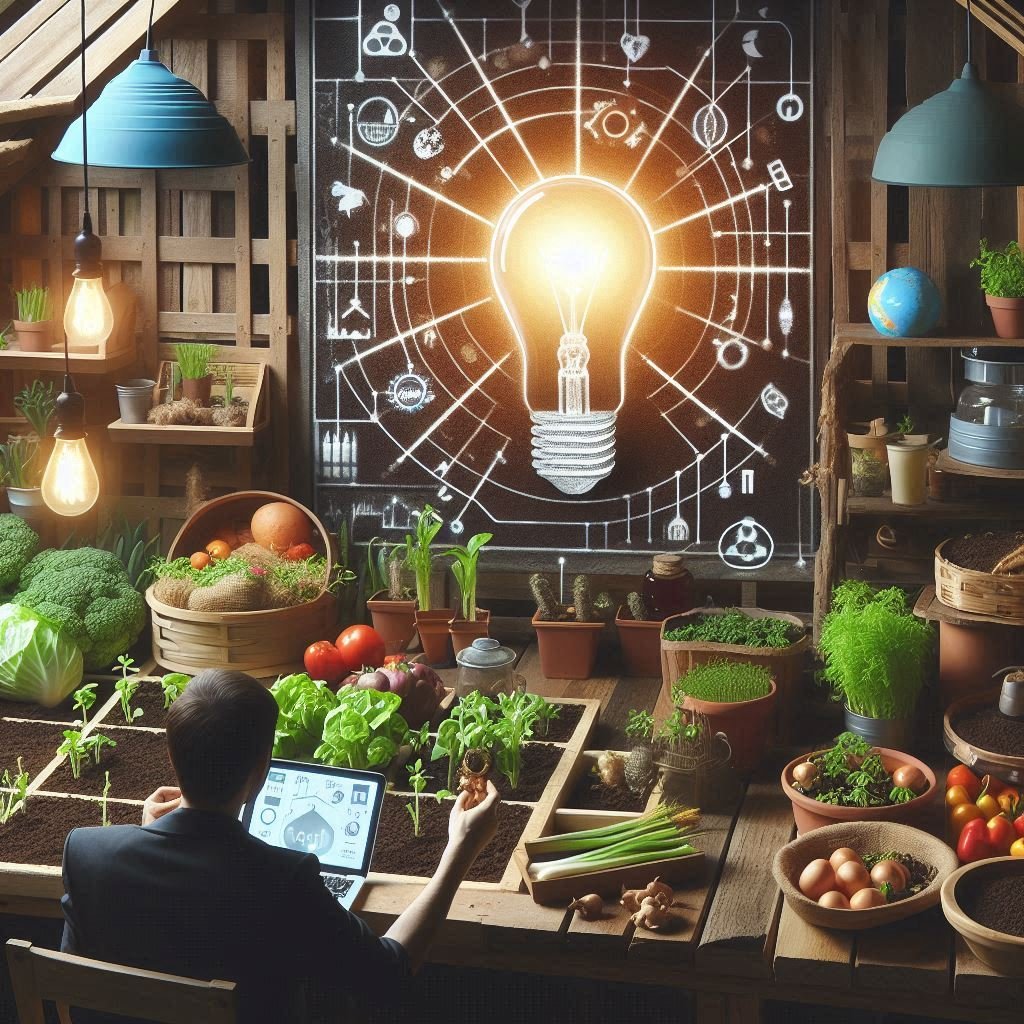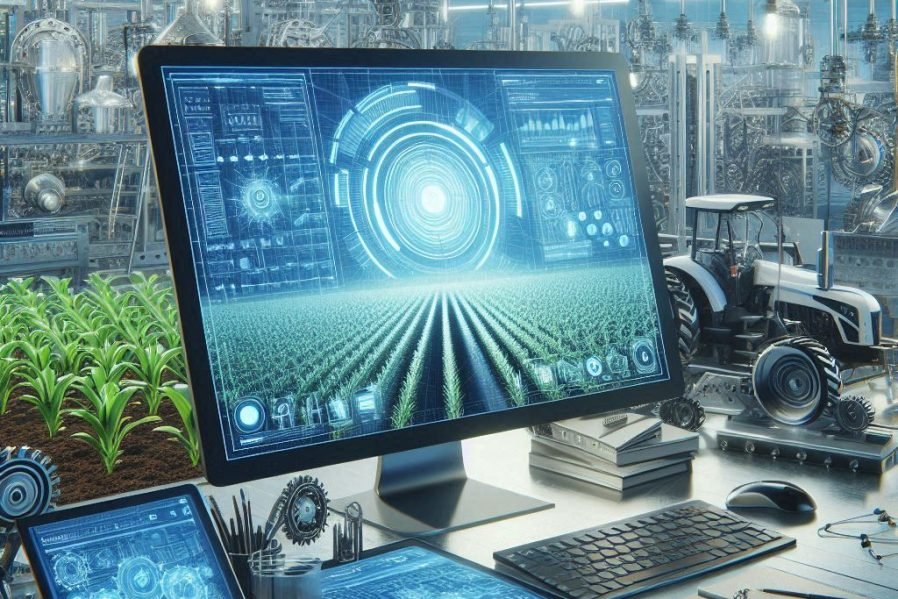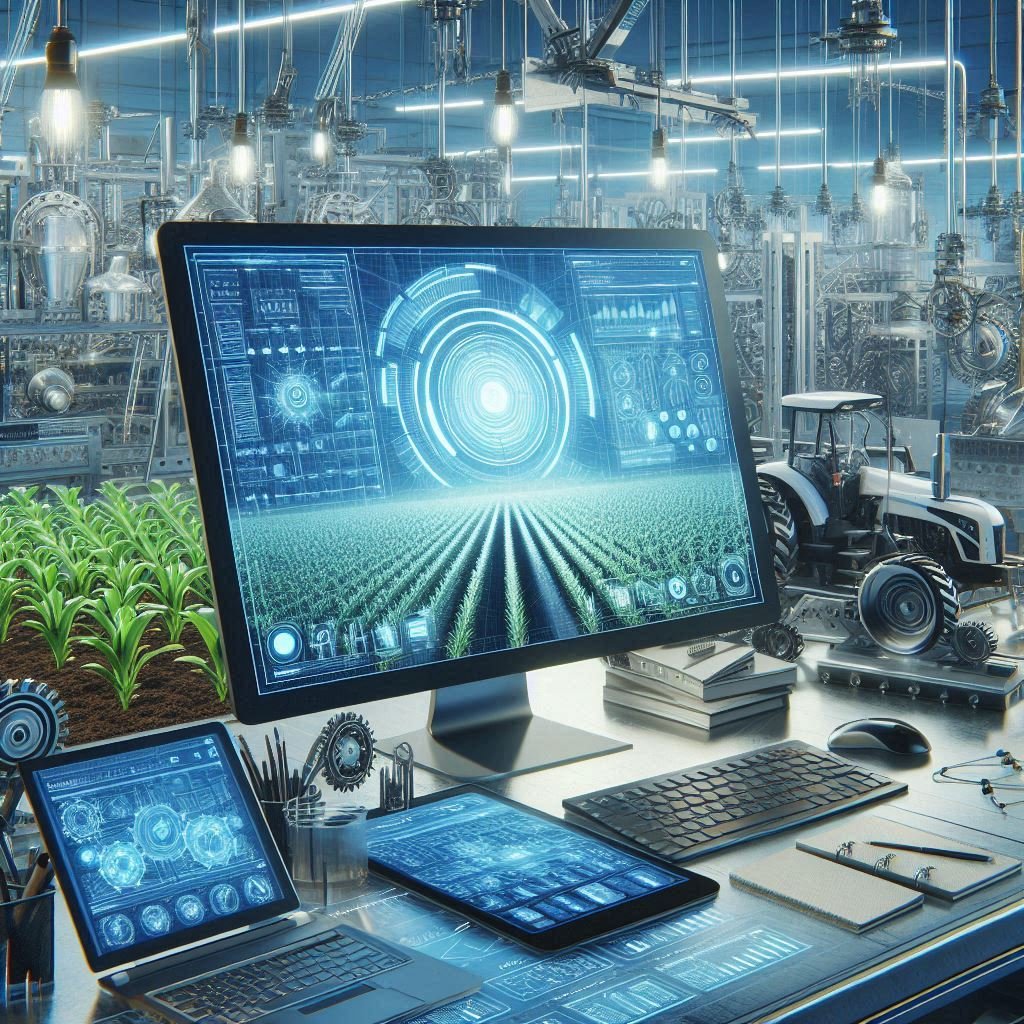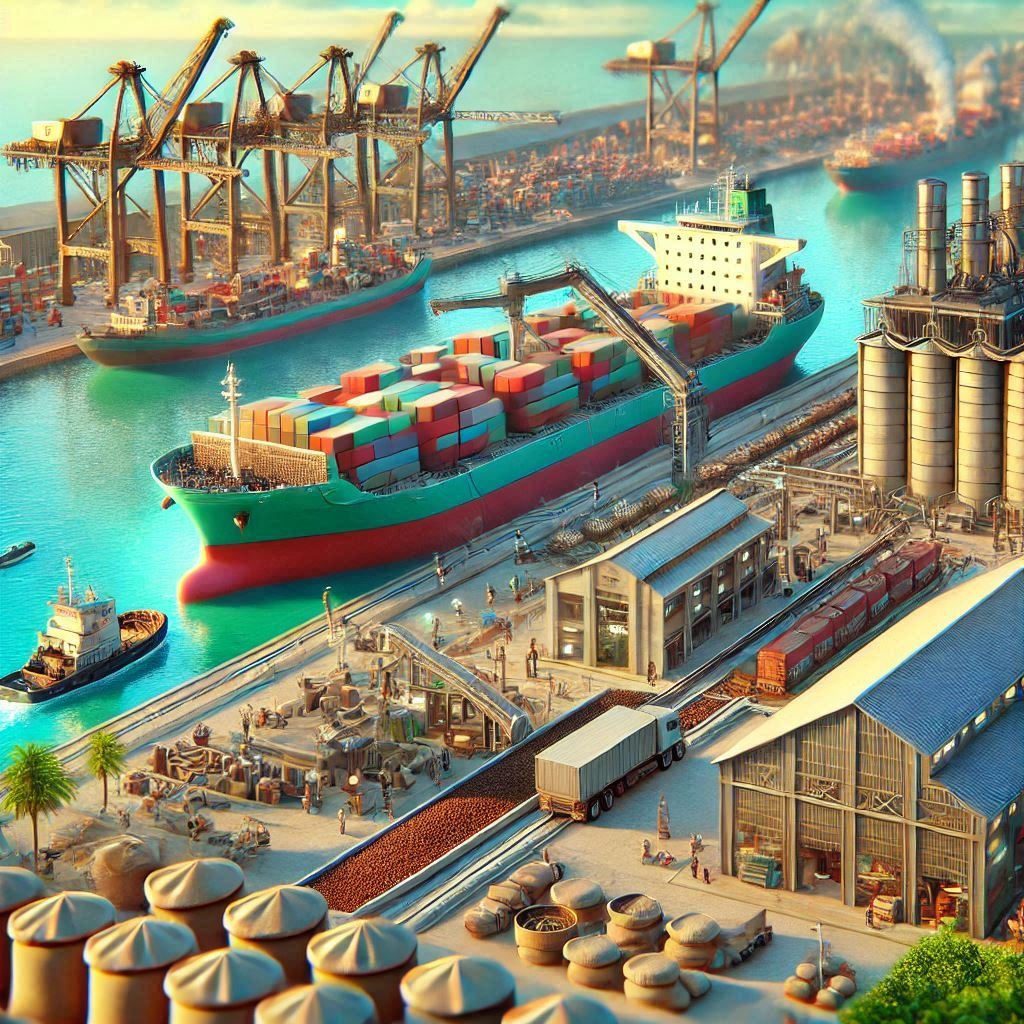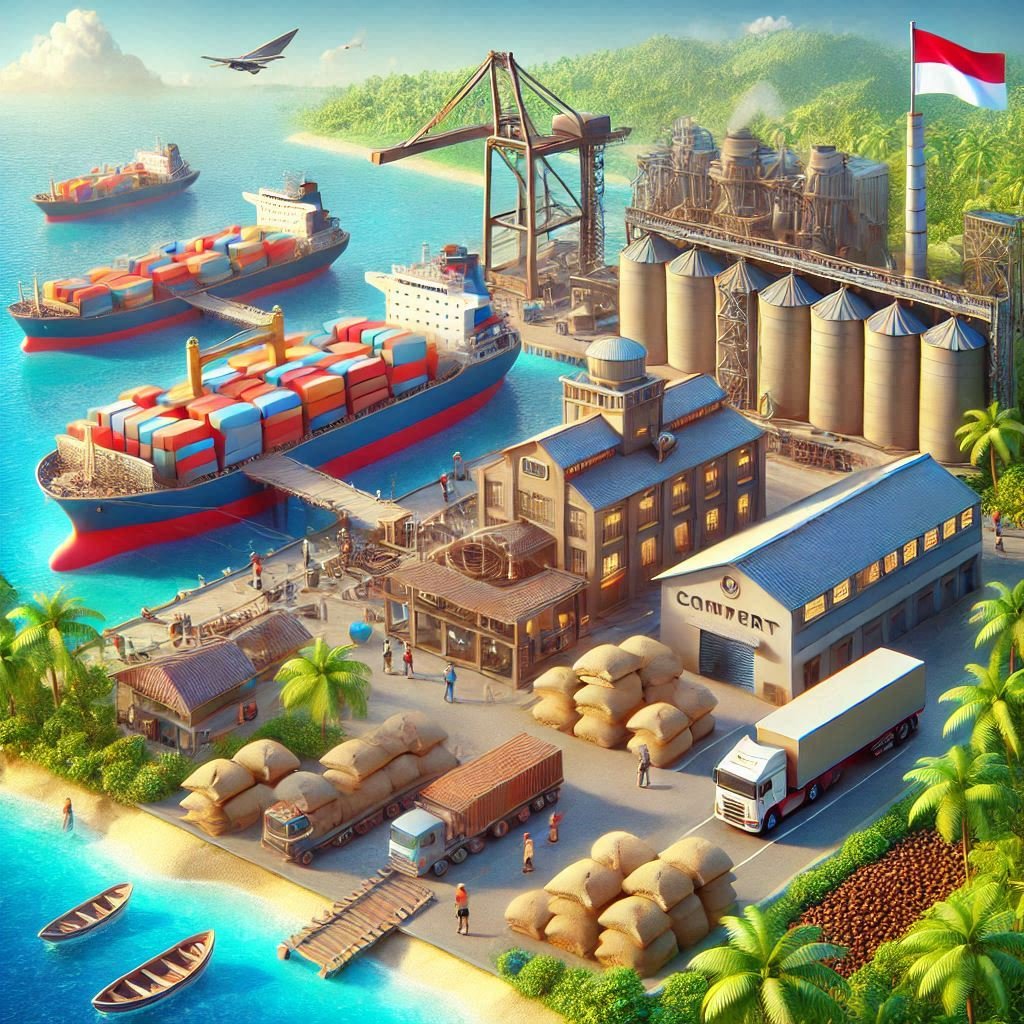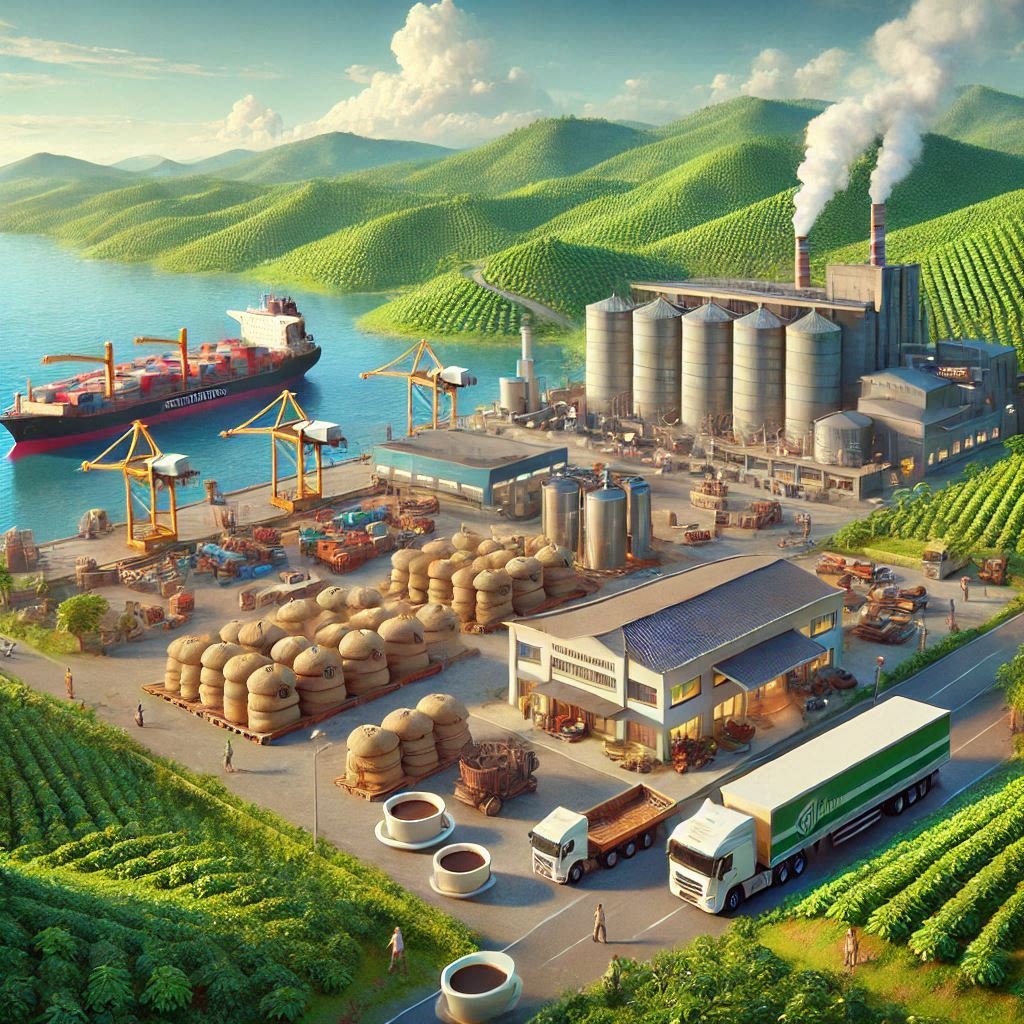The agricultural industry is undergoing a revolution, thanks to advancements in technology. From precision farming tools to AI-driven systems, technology in modern agriculture is reshaping how crops are cultivated, harvested, and distributed. This transformation is not only boosting productivity but also promoting sustainability.
Technological Innovations Driving Agricultural Transformation
Precision Farming
Precision farming leverages GPS technology, drones, and IoT sensors to monitor crop health and optimize resource usage. These tools help farmers make data-driven decisions to maximize yield and reduce waste.
AI and Machine Learning
AI-powered tools analyze vast datasets to predict weather patterns, detect pests, and recommend optimal planting times. Machine learning algorithms continuously improve these predictions for better results.
Smart Farming Techniques
Automated Machinery
Automated tractors and harvesters save time and labor costs, allowing farmers to focus on strategic tasks. These machines are particularly useful in large-scale operations.
Hydroponics and Vertical Farming
Hydroponic systems and vertical farming enable food production in urban areas, reducing transportation costs and ensuring fresh produce year-round.
Discover sustainable solutions for modern farming at Agrotrusted Market.
The Environmental Impact
Technology is also helping agriculture reduce its carbon footprint. Precision irrigation systems and renewable energy-powered tools are examples of how farming can become more eco-friendly.
Water Conservation
Smart irrigation systems use real-time data to supply water only when and where it is needed, conserving precious resources.
Renewable Energy Integration
Solar-powered equipment and wind turbines are increasingly being adopted in farms to power operations sustainably.
Challenges in Adopting Agricultural Technology
While the benefits are immense, challenges like high costs, lack of technical expertise, and limited internet access in rural areas can hinder widespread adoption.
The Future of Modern Agriculture
- Widespread use of AI-driven tools
- Increased adoption of renewable energy
- Expansion of urban farming
- Enhanced focus on sustainability
Learn more about innovative farming tools and solutions at Agrotrusted Market.
Conclusion
The integration of technology in modern agriculture is transforming the industry, making it more efficient, sustainable, and future-ready. Embracing these innovations is key to addressing global food security challenges.


